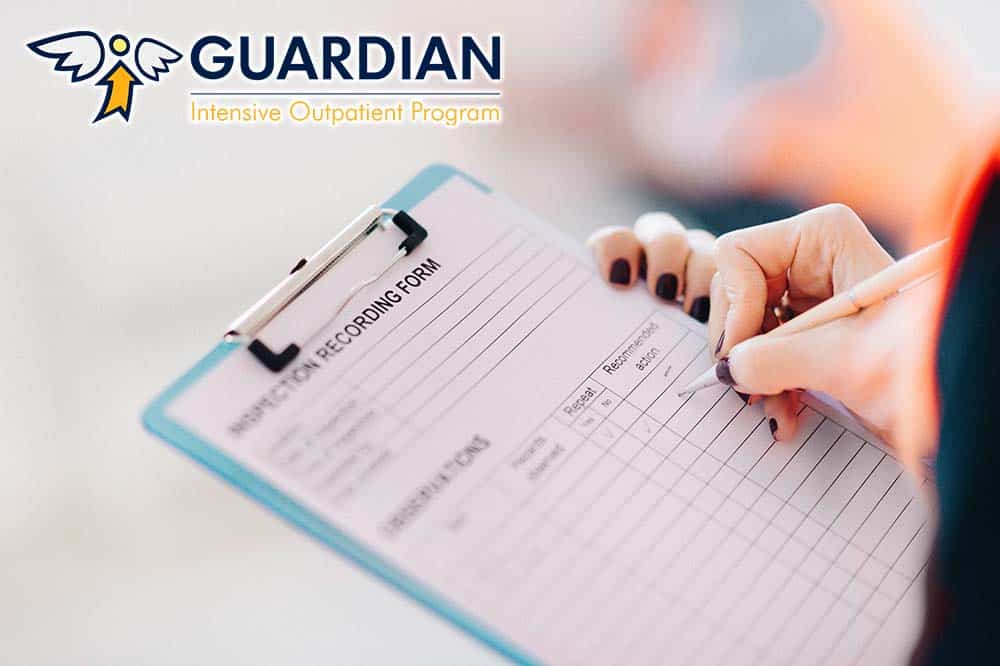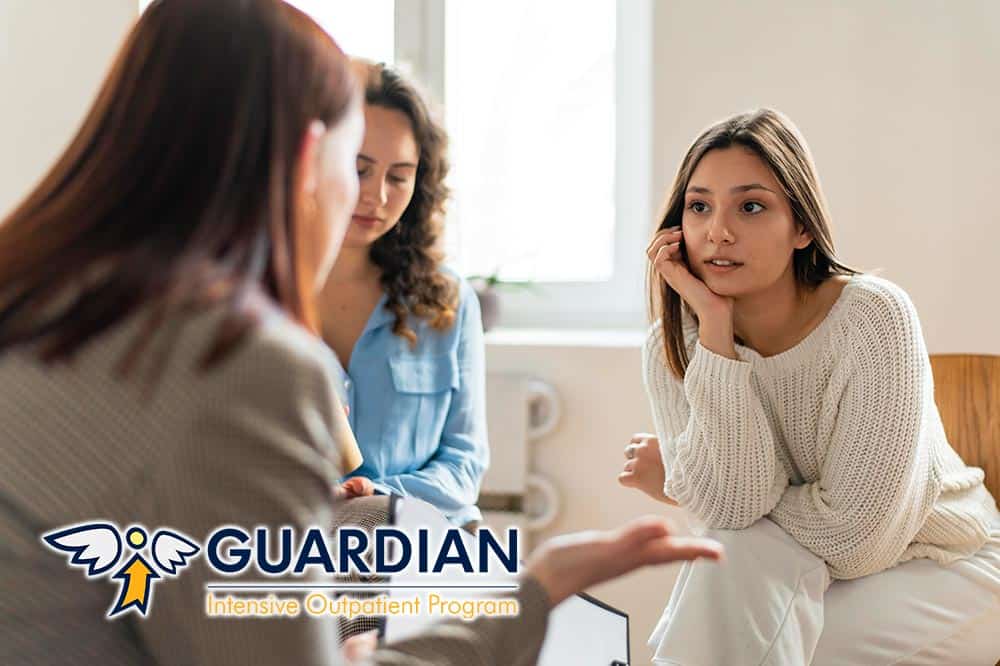The long-reaching effects of substance abuse can impact our entire being. In addition to the obvious physical effects, drug and alcohol addiction adversely impacts our psychological well-being–and perhaps the most tell-tale signs is isolation. Addicts struggle with immense guilt and shame in regards to their drug use and will isolate themselves from family and other loved ones. In order for the addict to find meaningful recovery, they must find support and encouragement from others who are fighting the same battles. Perhaps the most effective tools that helps addicts get the essential support they need is through group therapy.
Understanding Group Therapy
Simply defined, group therapy is a form of psychotherapy (or talk therapy) in which a group of patients meet with a therapist to describe and discuss their problems together. Typically, group therapy comprises five to 15 clients and can involve the expert facilitations of one or two therapists. These groups can meet on an average of an hour or two each week, and group therapy is often a compliment to a client’s individual therapy program.
Group therapy sessions are designed to target a specific problem those in the group share that are related to their substance abuse and can include depression, panic disorder, social anxiety, or other related issues. Additionally, some groups may focus more generally on improving social skills, and these groups will helping people deal with a wide range of issues such as anger, loneliness and low self-esteem.
What are the Benefits of Attending Group Therapy?
Group therapy has long been a staple of drug treatment programs nationwide for one simple reason—the interaction, support and empowerment that clients feel in group therapy can be instrumental in helping those addicted to drugs address and overcome the underlying issues that keep them firmly in the grip of substance use.
Group therapy helps clients recover from addiction in the following ways:
Built-In Support
As already stated, the biggest way that group therapy helps people get and stay sober is due to the encouragement they receive from those who walk a similar path to their own in recovery. In group therapy, those who struggle with substance abuse realize they are truly not alone and that other people are going through similar struggles. The group shares their stories, cheers each other’s small victories and provides a strong sense of support when someone falls short. This support gives clients the confidence to move forward in recovery.

The Development and Honing Of Life Skills
Group therapy helps clients develop the crucial life skills they need in order to adequately interact with their home environment once they leave treatment. Life skills such as employment coaching, money management, and the development of a healthy daily schedule are an essential part of a newly recovering addict’s long-term recovery plan. Group therapy will also give those in recovery the chance to put into practice life skills such as anger management and other coping techniques that will help them deal with stress in a healthy manner.
Collaboration
Group therapy also helps addicts get and stay sober by providing an avenue to share their struggles in an environment which is safe, supportive and free of judgment. By sharing their struggles and learning from the valuable feedback of others those in recovery are better able to create healthy solutions to their own problems. There will more than likely be a peer who probably had gone through a similar experience and found a way to resolve that challenge. People in recovery will start seeing things from a different perspective and they will be able to find realistic solutions to problems that seemed insurmountable.
Education
One of the main benefits of addiction therapy in a group setting in the fact that clients can learn about the underlying causes of their addictive attitudes and behaviors. When in group therapy, clients will learn about the physical, social, emotional and spiritual consequences of substance abuse. Additionally, those who attend group therapy will have the time they need to learn the essential coping techniques that will help them minimize the urges and cravings that can lead to a return to active substance use.
Contact Guardian Recovery Network Today
If you are finding yourself struggling with the adverse effects of substance abuse, you need the expert treatment and compassionate care that is provided by a reputable drug treatment facility. Guardian Recovery Network is one of the premier drug and alcohol treatment facilities in the state of Florida, and our addiction professionals draw from a wide range of effective treatment services that will help you address and overcome your substance abuse issues.
No matter how severe your addiction, Guardian Recovery Network offers a rock solid combination of therapy, life skills training and comprehensive relapse prevention education that can be individually tailored to meet your unique and specific needs. Call Guardian Recovery Network toll-free right now.




















